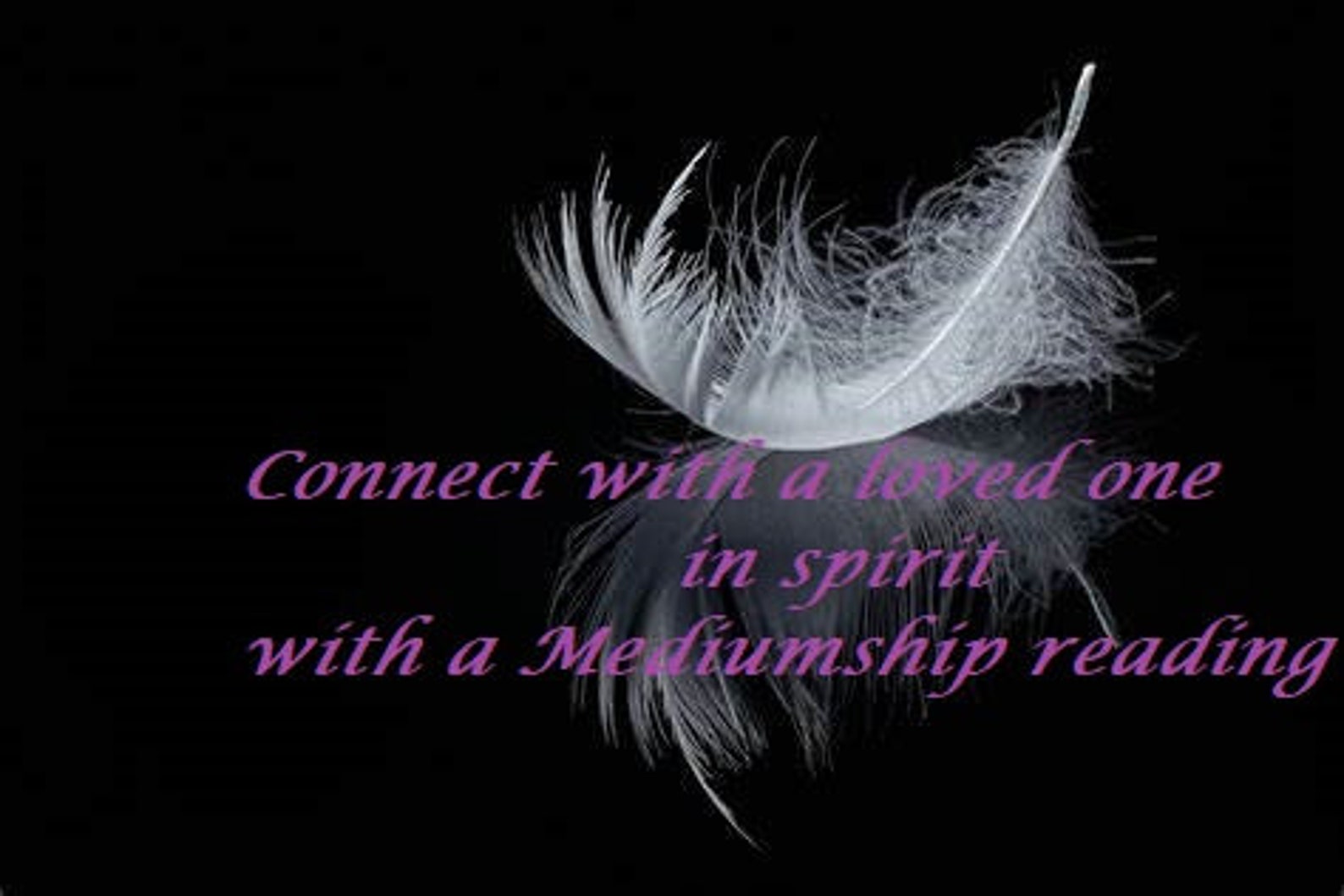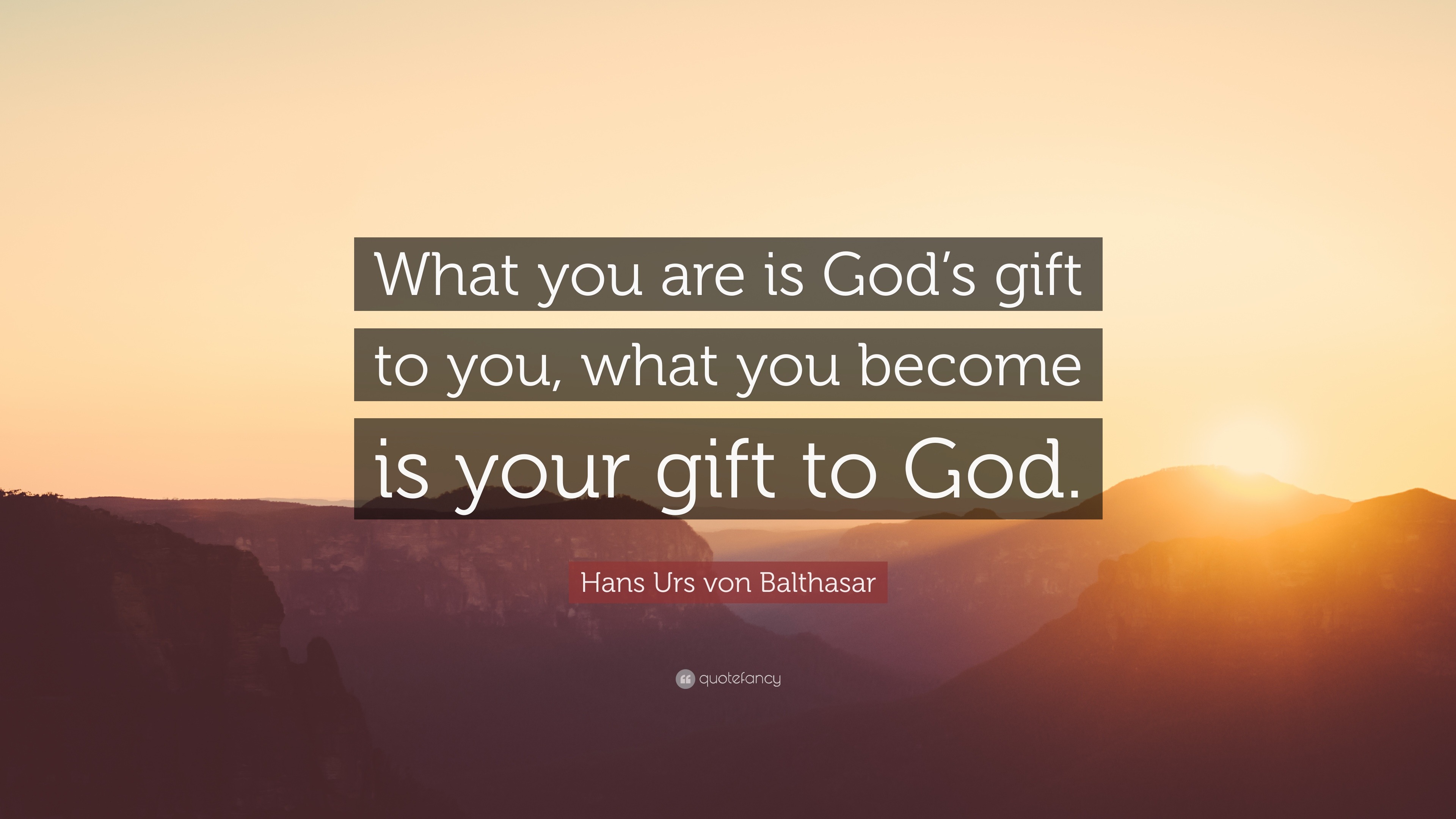Is Mediumship A Gift From God

A spiritual debate is raging: Is the ability to communicate with the deceased, known as mediumship, a divine gift, or something else entirely? The answer divides faiths and sparks intense personal reflection.
This article explores the contentious topic of mediumship, examining the perspectives of various religious viewpoints and scientific inquiries to understand its potential origin and implications. We delve into the beliefs, research, and personal experiences surrounding this controversial phenomenon.
Divergent Religious Views
Christianity presents a complex perspective. The Bible contains warnings against necromancy, interpreted by some as a condemnation of any attempt to communicate with the dead.
However, some Christians believe that certain individuals possess a divinely granted ability to receive messages from God that may relate to those who have passed.
Islam generally prohibits seeking contact with spirits, considering it a form of sorcery. They emphasize direct communication with God through prayer and adherence to religious teachings.
Other faiths, such as certain forms of Hinduism and Spiritualism, view mediumship as a natural ability facilitated by divine grace. Spiritualists often consider it a spiritual practice and a testament to life after death.
These diverse religious interpretations fuel the debate and underscore the lack of universal agreement. The fundamental question remains: Is mediumship a gift from a higher power?
Scientific Scrutiny
The scientific community approaches mediumship with skepticism. Rigorous, repeatable evidence supporting the existence of communication with the dead is lacking.
Researchers often attribute purported mediumistic abilities to psychological factors such as suggestion, confirmation bias, and skilled cold reading. Cold reading involves using general statements that resonate with many people.
However, some scientists are exploring the possibility of extended consciousness and the potential for unknown forms of communication. These studies are often met with both interest and criticism within the scientific community.
Dr. Julie Beischel, Director of Research at the Windbridge Research Center, has conducted studies on mediums. While the results are debated, they represent a push for scientific rigor in understanding anomalous experiences.
Personal Experiences and Anecdotes
Millions worldwide report experiencing comfort and guidance through mediums. These personal experiences often shape individual beliefs about the source of mediumistic abilities.
Skeptics argue that emotional vulnerability can make individuals susceptible to manipulation. Grief can be a powerful influence, potentially leading people to interpret ambiguous information as meaningful.
However, for many, the specific details and personal validations provided during mediumistic readings are compelling. These individuals feel that such accuracy cannot be easily explained away by chance or psychological factors.
Ethical Considerations
The potential for exploitation and harm raises serious ethical considerations. Unscrupulous individuals may prey on vulnerable people seeking solace.
Ensuring that mediums operate with integrity, empathy, and transparency is critical. Clear ethical guidelines and accountability are needed to protect individuals.
Responsible mediums emphasize empowerment and healing, rather than dependence. They encourage clients to make their own decisions based on the information received.
The Ongoing Debate
The question of whether mediumship is a divine gift remains unanswered. Religious beliefs, scientific scrutiny, and personal experiences all contribute to the complexity of the debate.
Continued research and open dialogue are essential. As perspectives evolve, our understanding of consciousness and the potential for communication beyond the physical realm may deepen.
Ultimately, individuals must decide for themselves what to believe. Personal experiences and critical thinking play a vital role in navigating this complex and deeply personal issue.
Next Steps
Future research may focus on refining methodologies to better assess mediumistic abilities. Larger sample sizes and stricter controls are needed to minimize bias.
Increased collaboration between scientists and religious scholars could foster a more nuanced understanding. Exploring the intersection of faith and science is essential.
Individuals interested in exploring mediumship should proceed with caution and discernment. Seeking recommendations and researching the background of any medium is crucial.
This complex issue requires further investigation and open-minded discussion. The exploration of mediumship continues to evolve, sparking debate and raising profound questions about the nature of reality.


















